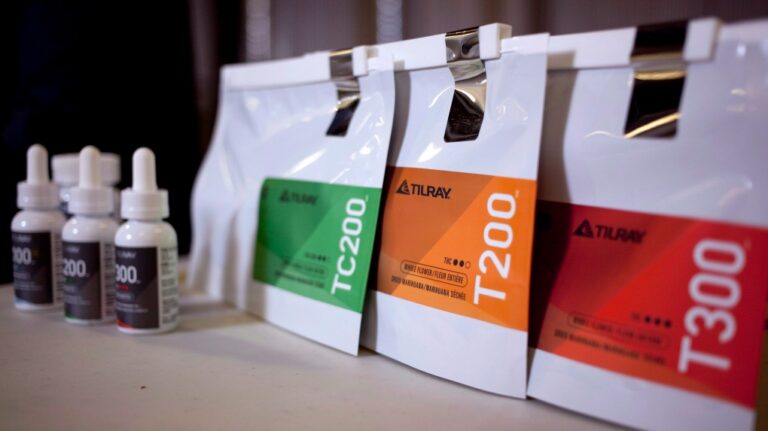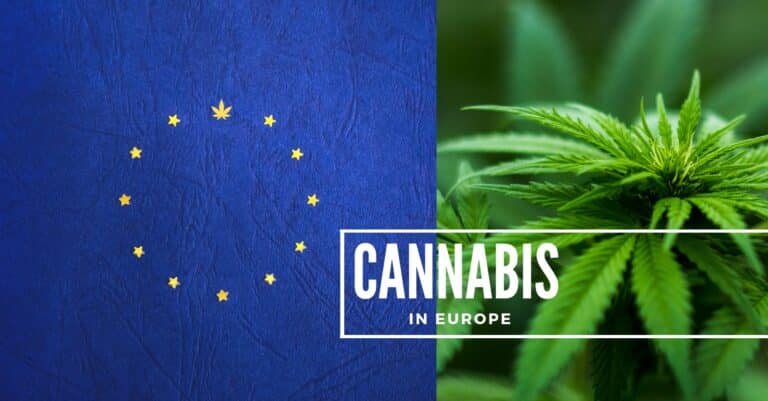17,000 UK patients now have medical cannabis prescriptions, yet many continue to get it illegally.
It is now estimated that 17,000 people in the UK have received legally prescribed cannabis to treat a variety of ailments, including chronic pain, depression, sleeplessness, and Parkinson’s.
But many otherwise law-abiding citizens continue to use the black market because they are ignorant of the 2018 legal change.
A Crohn’s disease-afflicted South Wales mother of one described how she had hardly enough energy to care for her child when she made the decision to obtain the plant illegally.
Her stomach pains and agony have been relieved by cannabis, she claims, and she now has a legal prescription. This allows her to be more active, work, and spend time with her family.
Cooking cannabis into brownies, according to a natural medicine expert with experience in clinical research, significantly reduced his father’s Parkinson’s-related symptoms and improved his sleep.
A DJ and director from north London who had previously battled the rare illness Hodgkin lymphoma described how getting access to the medication reduced her agony.
It turned out to be even more crucial after chemotherapy damaged her hip bones, causing agony and necessitating a replacement.
All of these people have one thing in common: Despite researching the medical advantages of cannabis, it took them some time to realize that it has been legal in their jurisdiction since 2018.
Although many still face obstacles, the law was altered that year as a result of parents of seriously epileptic children who successfully lobbied the government to allow their kids access to medical cannabis oils.
At the time, it was a big story, but there was little coverage of patients utilizing the medication to treat multiple sclerosis, ADHD, or anxiety.
Even Jon Robson, who is now managing director of exclusive medical cannabis facility Mamedica, was shocked to learn about the drug’s accessibility.
He told us, “I just could not believe that they were sending flower in the post a year ago, when my former colleague informed me that there were 10,000 privately paying medicinal cannabis users.”
“Even I was astonished last year when someone informed me about it,” I said. “Even for someone like me who could see the advantages of what was going on in America and was biding my time waiting for the framework for it to become available in the UK.”
Jon claims that one of the factors is the NHS’s continued reluctance to recommend prescriptions, stating that more convincing evidence is required before recommending widespread prescriptions.
Due to a multitude of imports and administrative roadblocks, there were only 250 privately paying medical patients in 2019.
According to Jon, the patients “obviously didn’t feel like they were getting value for their money and weren’t talking about how it was benefiting them.”
“Over the last four years, when patient numbers have increased from zero to around 17,000 – where they are now,” the author writes, “the quality and volume of the product have improved and the price has decreased.”
He claims that as more patients discuss how medicinal marijuana has improved their diseases and as more consultants prescribe it, more patients are reporting positive outcomes.
If you visit the NHS with pain, it’s likely that you may receive some quite potent, addictive opioids or painkillers due to the NHS’s limited prescribing options.
The Department of Health recently stated that there are eight million people who suffer from chronic pain in the UK, 24% of whom are given opioids, and that around three million of them may be eligible for our program.
In the UK, 23.9 million prescriptions for opioids were written in 2017. They are well acknowledged to be addictive and to have the potential to cause dependence in the medical community.
“We want to make folks who are turning to opioids aware that there is an alternative that doctors do endorse.”
Prescriptions for cannabis strains with higher THC levels may be harmful for patients with psychiatric conditions, but those containing CBD, another plant ingredient, may be “very useful,” according to Jon.
The primary component of marijuana, THC, is what causes users to feel high, but CBD does not result in intoxication and, according to recent study, has anti-psychotic properties.
Therefore, for some patients, strains bred to have fewer doses of the former and more of the latter may be more suitable.
Patients must have tried at least two approved drugs or treatments before enrolling, and they cannot have a history of schizophrenia or psychosis.
They must submit their medical records and information about the medical history of their family.
As discovering which cannabis strains have or have not worked for them could improve their treatment programs, consultants also inquire about whether they had relied on the illicit market before to meeting with them.
Savannah says, “I was sure that it was pure, clean, and wouldn’t be sprayed with any glass.”
We would want to prescribe something similar but at a pharma grade pharma level, Jon explains, if something is working for them.
‘I’d say that half of the patients that come to us had what we’d call cannabis experience.
“These are folks who have been buying from the black market for many years, are very knowledgeable, understand the numerous cannabis strain classifications and families, and know which ones will aid to




